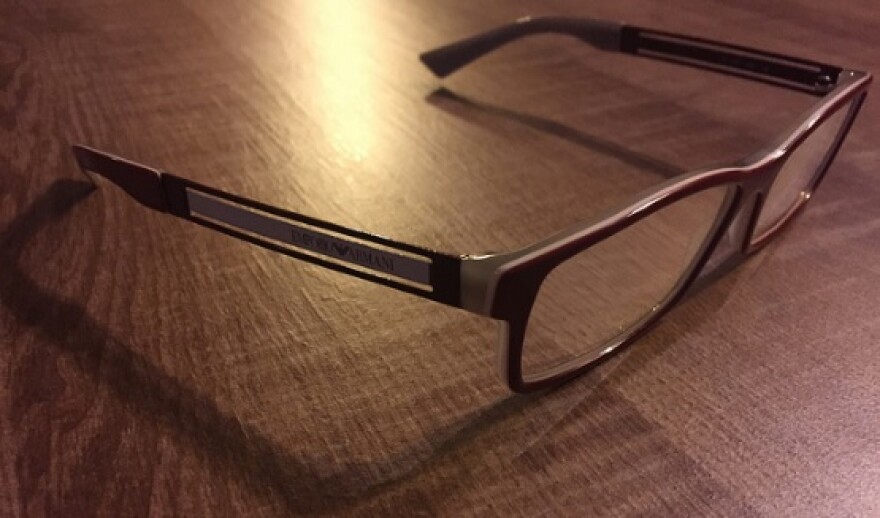Four years ago, House and Senate leaders thought they had finally settled a decade-old turf battle between the state's optometrists and ophthalmologists.
After heavy lobbying, heated arguing and much finger-pointing, the two sides signed off on a compromise allowing optometrists to prescribe oral medications --- but not perform surgery.
Then-Senate President Don Gaetz, R-Niceville, even declared, "So the eyeball wars have ended."
But the eyeball wars have once more descended on the Capitol with a vengeance, as optometrists seek to expand their scope of practice to perform some surgical procedures. Optometrists maintain the proposal is an access-to-care issue, while ophthalmologists argue it would endanger patient safety.
The House Health Quality Subcommittee narrowly approved the proposal Wednesday by a one-vote margin, after two hours of testimony.
But the bill's chances of success in the Senate are anything but certain.
The measure (HB 1037) would allow optometrists who receive special training to perform certain kinds of surgery in which "human tissue is injected, cut, burned, frozen, sutured, vaporized, coagulated, or photo disrupted by the use of surgical instrumentation," including lasers and scalpels, according to a House staff analysis of the bill.
Kenneth Lawson, a Manatee County optometrist who is legislative chairman of the Florida Optometric Association, acknowledged that the proposal, sponsored by Rep. Manny Diaz Jr., R-Hialeah, is a "contentious" bill.
But supporters said it would address a dearth of care available to some patients, including in rural communities.
Lawson said many ophthalmologists will not treat patients who are on Medicaid, while optometrists care for patients who are on Medicaid or who are indigent.
If the bill passes, he said optometrists would only be able to perform a fraction of the surgical procedures that ophthalmologists can do.
"We are not trying to elevate ourselves by any means to the level of ophthalmologists," Lawson says.
But ophthalmologists argued that the amount of training the legislation would require for optometrists to perform the procedures is inadequate, especially compared to the years of preparation ophthalmologists must undergo.
Bruce May, general counsel of the Florida Society of Ophthalmology, gave the House panel a mini-history lesson.
"Less than four years ago … the (House) speaker and president made it clear that they were going to put an end to what they called the eyeball wars," May says.
Under the terms of the 2013 deal, optometrists could prescribe 14 types of medications and also agreed that "surgery of any kind is expressly prohibited," according to May.
"I don't know why the optometrists are walking back from the agreement they made just four years ago," he says.
Powerful Senate budget chief Jack Latvala, R-Clearwater, is sponsoring the Senate version of the bill (SB 1168), but that does not guarantee a victory for optometrists in the upper chamber.
Senate President Joe Negron, R-Stuart, told The News Service of Florida on Wednesday that he has left it up to the heads of committees to decide how to handle bills, such as the optometrist-backed measure, that aren't a priority of his.
Senate Health Policy Chairwoman Dana Young, R-Tampa, has not put the measure on an agenda for her committee.
"I haven't made any determinations on what we're hearing beyond the next two weeks," Young says. "I think anytime you have an industry food fight like this it is difficult at best, and, this year, there's a lot of uncertainty about what we're going to do after the next two weeks."
Young noted that some other lawmakers "seem to be very upset that this has come back."
While it's too early to write off the Senate's handling of the bill, scope-of-practice measures that involve industry battles often take years to pass after first being introduced.
"I wouldn't say it's DOA in the Senate. There are those of us who think it goes too far, but I think there's always room for compromise, like the last go-round," says Sen. Bill Galvano, a Bradenton Republican who is in line to become Senate president after the 2018 elections.
Galvano laughed when asked if lawmakers felt cheated after signing off on what was sold as an end to a perennial battle between the optometrists and the ophthalmologists.
“No. Every session is a new session. And these issues never go away,” he said.

